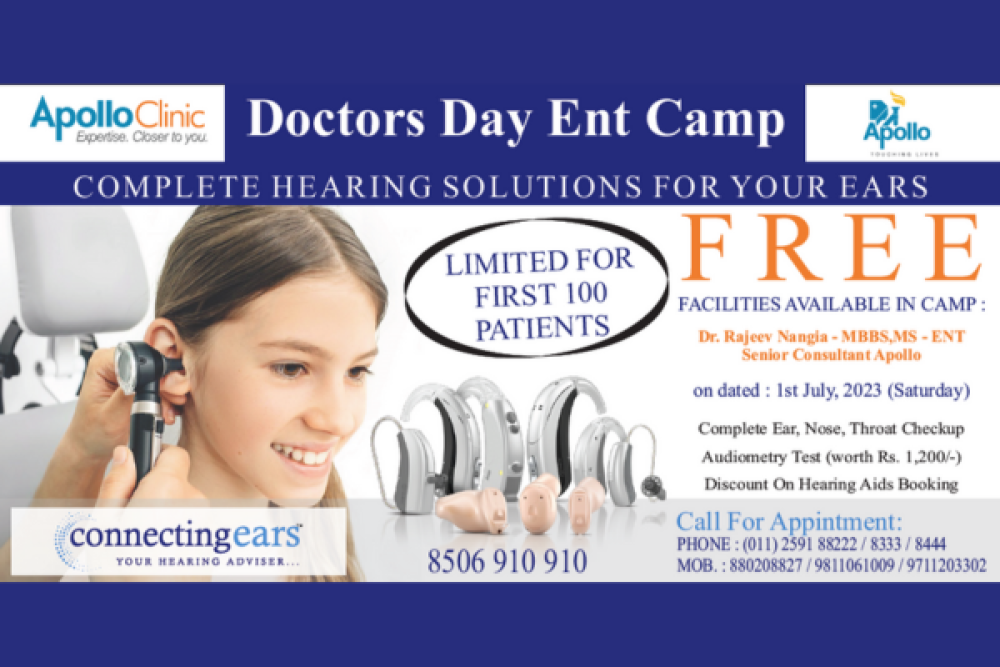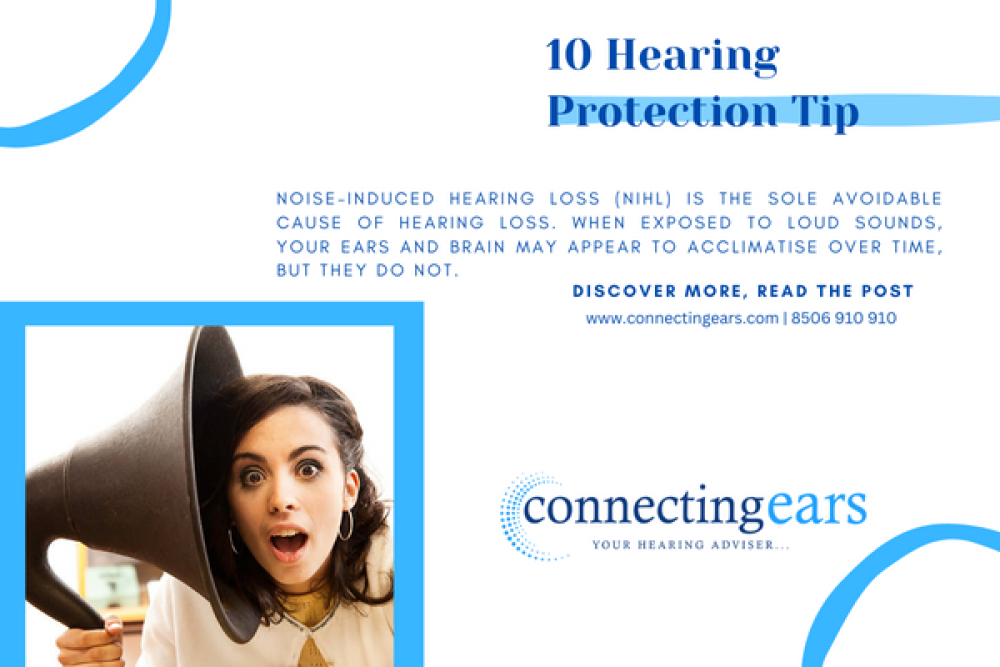What should you do if you suspect you have hearing loss?
Hearing loss is not something that most people are born with. Instead, hearing loss develops gradually over time, usually as a result of exposure to loud noises, aging, or a combination of the two.
According to statistics, the prevalence of hearing loss doubles every decade of life, which explains why one out of every three people aged 65 to 74 has hearing loss, nearly half of those aged 75 to 85 have it, and four out of every five people aged 85 and up have it.
In other words, most of us experience hearing loss as a normal and natural part of living a long and eventful life.
In this blog, we'll go over the eight things you should do if and when you develop hearing loss.
1. Have your hearing checked.
If you suspect you have hearing loss, either because you exhibit common symptoms listed here or because your spouse, friends, coworkers, or family members keep questioning your hearing ability, you should have your hearing tested.
You can begin by taking a hearing test by visiting a hearing healthcare professional for a thorough, definitive hearing evaluation.
Not sure where to look for a reputable hearing healthcare professional in your area? Contact us and we'll provide you with a list of local providers.
2. You have the option of ignoring it...
If it is discovered that you have hearing loss, you have two options: ignore it and deal with the consequences, or treat it.
Some of the difficulties associated with hearing loss are subtle and barely noticeable, such as the need for things to be repeated or the inability to hear small everyday sounds.
Some are more obvious and significant, such as mishearing important information or feeling excluded from conversations and activities.
Others can be serious health issues, such as how hearing loss has been linked.
...or by treating it
But medical professionals and researchers from centers like Johns Hopkins Medicine and Columbia University have long observed that addressing hearing loss can help with many of these issues, and research has shown that using a hearing aid is associated with a lower risk of falls, depression, anxiety, and dementia for people with hearing loss.
3. Seek the advice of a hearing healthcare professional.
When you are prepared to address your hearing loss, which Johns Hopkins' Dr. Frank Lin advises doing "sooner rather than later...before these brain structural changes take place," you should begin by speaking with your physician or general practitioner. Alternatively, consult with a hearing healthcare professional, such as an otolaryngologist (ENT doctor), audiologist, or hearing aid specialist.
4. Determine the cause of your hearing loss.
Your appointment with a hearing healthcare professional is your opportunity to get all of your questions about your hearing loss answered. While not every practice or clinic does things the same way, you should expect some standard procedures when you come in for your first visit.
Fill out the proper documents - such as the intake form with the health history and hearing questionnaire.
Completing a hearing evaluation entails - A visual inspection of your ears as well as a hearing test in a sound booth.
Examine your audiogram - Your test results will be presented in the form of an audiogram, which is a graph that measures your specific hearing loss.
Discuss treatment options and next steps - This may include a technology demonstration and recommendation for hearing aids.
5. Request a trial of hearing aids.
Hearing aids will likely be advised if hearing loss is discovered during your appointment. Hearing aids are by far the most popular method of treating hearing loss. They can help the vast majority of people who have hearing problems, particularly if the hearing aids have been fitted by an experienced professional and programmed and customized to the individual's specific hearing and lifestyle requirements.
6. Request ones that are personalized for you.
There is no one size fits all for hearing aids. That is why getting them from a qualified professional in person is the best option. The two of you will collaborate to choose the best hearing aids for you, which will be based on a variety of factors such as your degree of hearing loss, personal style and feature preferences, how active you are, and more.
7. Witness the difference they make.
Once you get a trial of your hearing aids, take advantage of the trial by wearing them and ask your Audiologist to give you a trial of hearing aid in different environments, and in the presence of friends and loved ones.
See and feel for yourself why so many hearing aid users say that wearing them changed their lives and that they wish they had treated their hearing loss sooner.
8. Better hearing, Better you.
Now if you have taken the trial, decide for yourself if hearing loss is making life more difficult or less enjoyable, now is the time to take action. Get your pair of new hearing aids and enjoy everyday sounds.
Simply dial 9555 40 3939 or fill out the form and we will help you to find a local hearing healthcare professionals who are ready to assist you.













